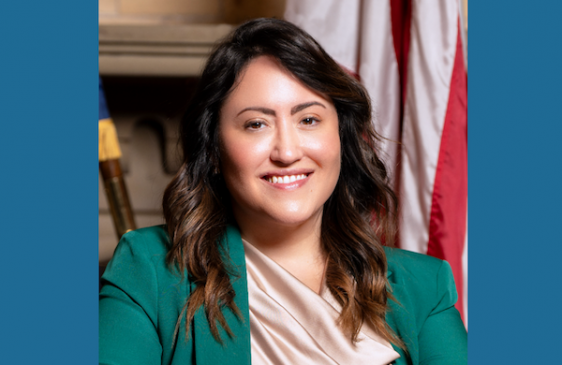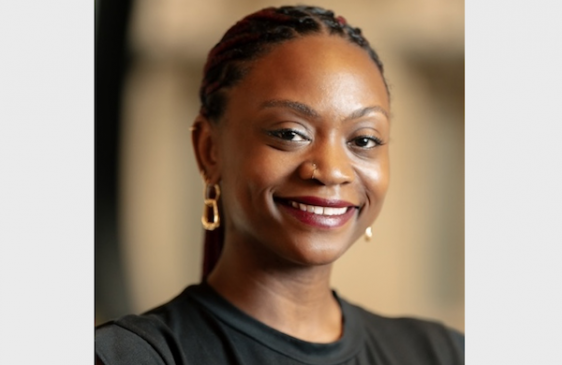 About John H. Niemeyer
About John H. Niemeyer
John H. Niemeyer served as Bank Street’s second president (1956–1973) and transformed the College in many ways, beginning with its move from 69 Bank Street in Greenwich Village to West 112th Street. He led the College’s evolution into a widely known institution that worked with and acted as a prime resource for schools, educators, and policy makers. In addition to his work within the College, Niemeyer was an active and influential member of the progressive education community, serving as a consultant to the United States Office of Education regarding desegregation and the formation of Head Start.

